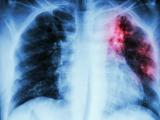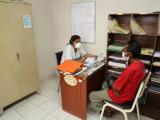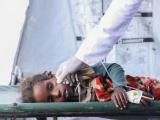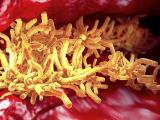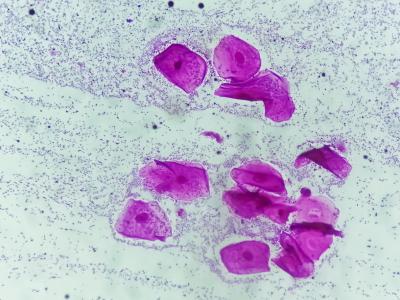Editor's note: Based on a Food and Drug Administration news release, the original version of this story incorrectly listed Ranchero as one type of soft cheese that may be made from raw milk The FDA later issued a clarification saying that Ranchero is a trademark of the Cacique Co. of Industry, Calif., for a cheese made with pasteurized milk.
Mar 16, 2005 (CIDRAP News) Soft cheeses made with raw milk can cause several serious infectious diseases, the Food and Drug Administration (FDA) warned this week.
Listeriosis, brucellosis, salmonellosis, and tuberculosis are among the illnesses the cheeses can spread, the agency said in a news release. Especially at risk are pregnant women, newborns, the elderly, and people with weakened immune systems.
"Recently, cases of tuberculosis in New York City have been linked to consumption of queso fresco style cheeses, either imported from Mexico or consumed in Mexico, contaminated with Mycobacterium bovis," the statement said.
Particularly hazardous are raw-milk soft cheeses from Mexico and Central American countries, the agency said. It recommended that consumers not eat any unripened, raw-milk soft cheeses from Mexico, Nicaragua, or Honduras. "Data show that they are often contaminated with pathogens," the statement said.
The agency also warned against eating raw-milk soft cheeses bought at flea markets or from door-to-door sellers or carried in luggage from Mexico, Nicaragua, or Honduras. Raw-milk soft cheese from any source carries some risk, officials added.
Queso frescostyle cheeses, popular among Hispanics, include Queso Panela, Asadero, and Blanco, among other types, according to the FDA. They may be imported or produced in the United States.
See also:
Mar 14 FDA news release
http://www.fda.gov/NewsEvents/Newsroom/PressAnnouncements/2005/ucm108420.htm

